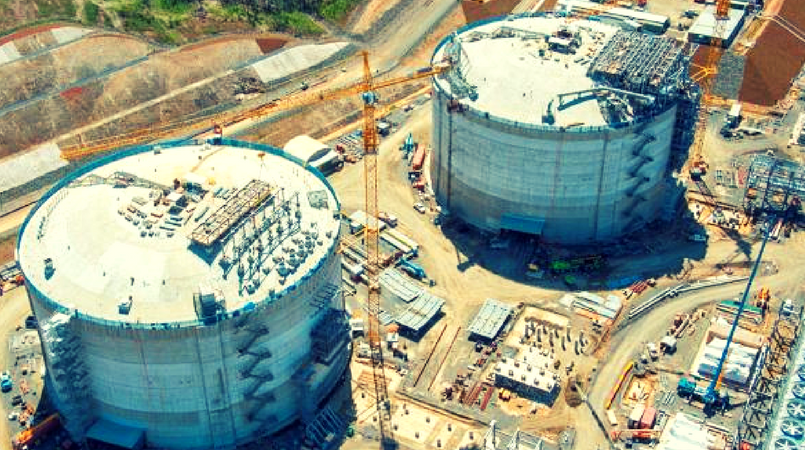
Implementing legislations and policies in the mining and petroleum sector is a challenge due to weak capacity and lack of accountability, points out a report.
The PNG Extractive Industries Transparency Initiative Report 2014 says: “While the Government sets strong policy and has a relatively robust legislative regime and fiscal control, implementation is challenging due to weak capacity and a lack of accountability, particularly at local levels. The associated lack of transparency also leaves the way open for corruption.
“The principal laws that regulate mining activities in PNG are the Mining Act 1992 (MA), which sets out how mining projects should be administered and regulated, and the Mining (Safety) Act 1977, which stipulates safety requirements on mine sites, provides for investigations and inquiries into mine accidents and establishes a regime for certification of prescribed mining roles” the report said.
The report noted that a revised MA will be presented to Parliament after 2017 election.
“It is anticipated this will include regulations for offshore mining, mine closure and rehabilitation, resettlement and geothermal resources and standards for employing mine workers. The Mining (Safety) Act is also under review,” it said.
Matters relating to the environment within mining and exploration tenements is governed by the Environment Act 2000. The operation and development of mineral deposits in relation to the Ok Tedi mine is governed by the Mining (Ok Tedi Agreement) Act 1976 and the fourteen supplemental agreement Acts.
The Panguna mine on Bougainville is governed by the Mining (Bougainville Copper Agreement) Act 1967, although mining legislation for the Autonomous Region of Bougainville has now been passed.
“The relationship between those respective pieces of legislation is unclear as the former has not been repealed, nor have the references to it in the MA been amended,” it said.
The reports stated, the petroleum industry is governed by the Oil and Gas Act 1998 (OGA) and the Oil and Gas Regulation 2002 under the administration and management of the Department of Petroleum and Energy (DPE), headed by the Minister for Petroleum and Energy.
“The OGA specifies regulatory instruments for oil and gas development activities such as: Licensing, exploration, development, processing, storage, transportation, and sale of products.”
PNG EITI Head of National Secretariat, Lucas Alkan, said: “It is only fitting to have such a robust legislative and policy framework for a resource rich country like ours.
“The PNGEITI has already capitalised on such fiscal and legislative setting, in advancing transparency and accountability in the sector, through its annual reports and we hope to build on that progress.
“We are also of the view that there are upcoming legislations and policies to keep Papua New Guinea in par with world best mining and petroleum practices,” Alkan added.
